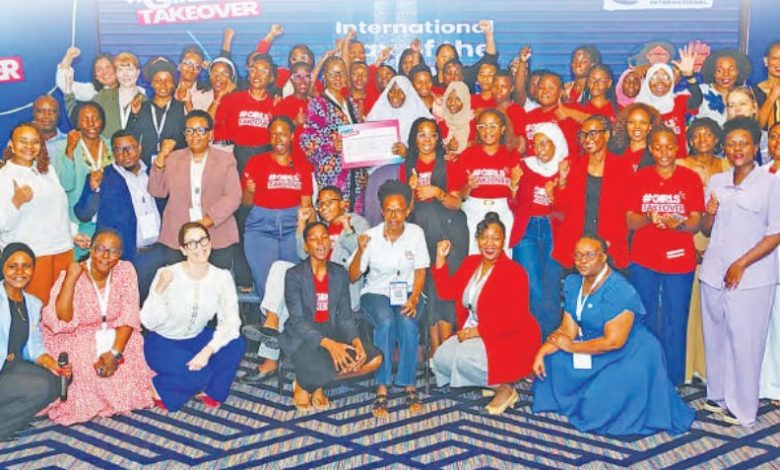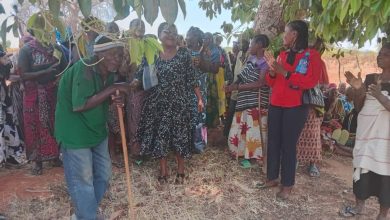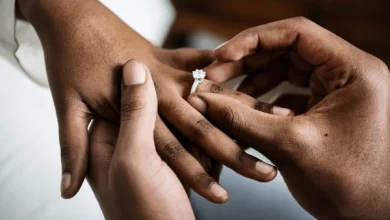How TFGBV is putting schoolgirls at risk Women Quotes:

EXPERTS are sounding a nationwide alarm over the surge in online abuse, also known as Technology-Facilitated Gender-Based Violence (TFGBV), targeting schoolgirls.
They are calling for greater awareness, collaboration, and early reporting to protect students especially girls who are increasingly exposed to online harassment and exploitation.
As the world commemorates the International Day of the Girl Child 2025, observed under the global theme “The Girl I Am, The Change I Lead,” experts warned that while digital platforms have become powerful tools for learning and empowerment, they are also being misused to cause harm and distress among young learners.
Cybersecurity and digital forensics expert, Mr Yusuph Kileo urged girls to embrace technology wisely and confidently, saying the internet should serve as a tool for progress rather than a weapon for oppression.
“Girls, do not stay behind,” he said.
“You have the ability, value, and opportunity to shape your future. Be cautious about what you post online today, as it should not become a weapon used against you tomorrow.” Mr Kileo further said that many young people fail to report incidents of online gender-based violence, allowing the problem to continue unchecked.
ALSO READ: Cancer’s loss, her victory
He emphasised that awareness and early reporting are crucial in protecting victims and stopping perpetrators. Legal and Human Rights Centre (LHRC), Human Rights Monitoring and Response Manager Advocate William Maduhu, reminded young people that the law protects victims of online abuse.
“We have legal frameworks such as the Cybercrimes Act and the Data Protection Act that guide us in addressing these crimes,” he said.
Advocate Maduhu encouraged parents and guardians to use content-filtering tools to protect children while they study online, adding that digital safety education should be part of every child’s learning experience.
From a psychological perspective, a lecturer and psychologist from Learning Inspire Tanzania Dr Christian Bwaya, said social media and digital platforms have created new avenues for inappropriate behaviour that can lead to fear and low self-esteem among students.
“Many university students are pressured to share personal photos or videos that later become tools of harassment and psychological harm,” he said.
He urged victims to seek help by contacting the *free helpline 116 or reporting to the Cybercrime Unit of the police for professional support.
Tanzania Media Women’s Association (TAMWA), Executive Director Dr Rose Reuben said most online GBV cases against students are committed by people they know and trust often through deceptive communication.
“These acts not only violate privacy but also discourage girls from using digital platforms to learn and achieve their dreams,” she said. Dr Reuben called for stronger collaboration between schools, parents, and digital stakeholders to raise awareness and build safe online spaces for girls.
As Tanzania advances its digital transformation, experts agree that protecting young learners, especially girls, must remain a national priority. They insist that awareness, responsible use of technology, and firm legal enforcement are essential to ensuring that digital innovation becomes a bridge to empowerment rather than a barrier to equality.





